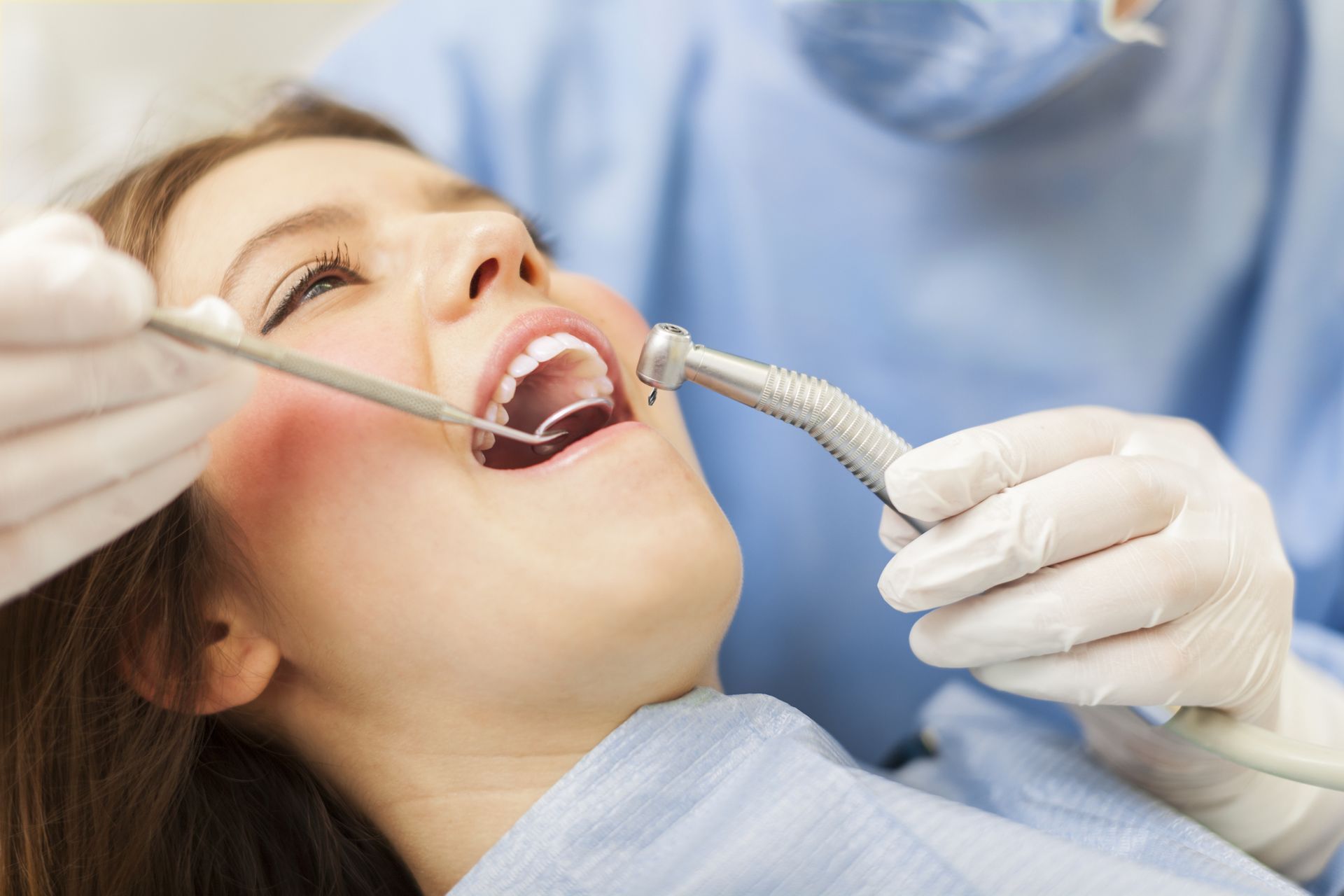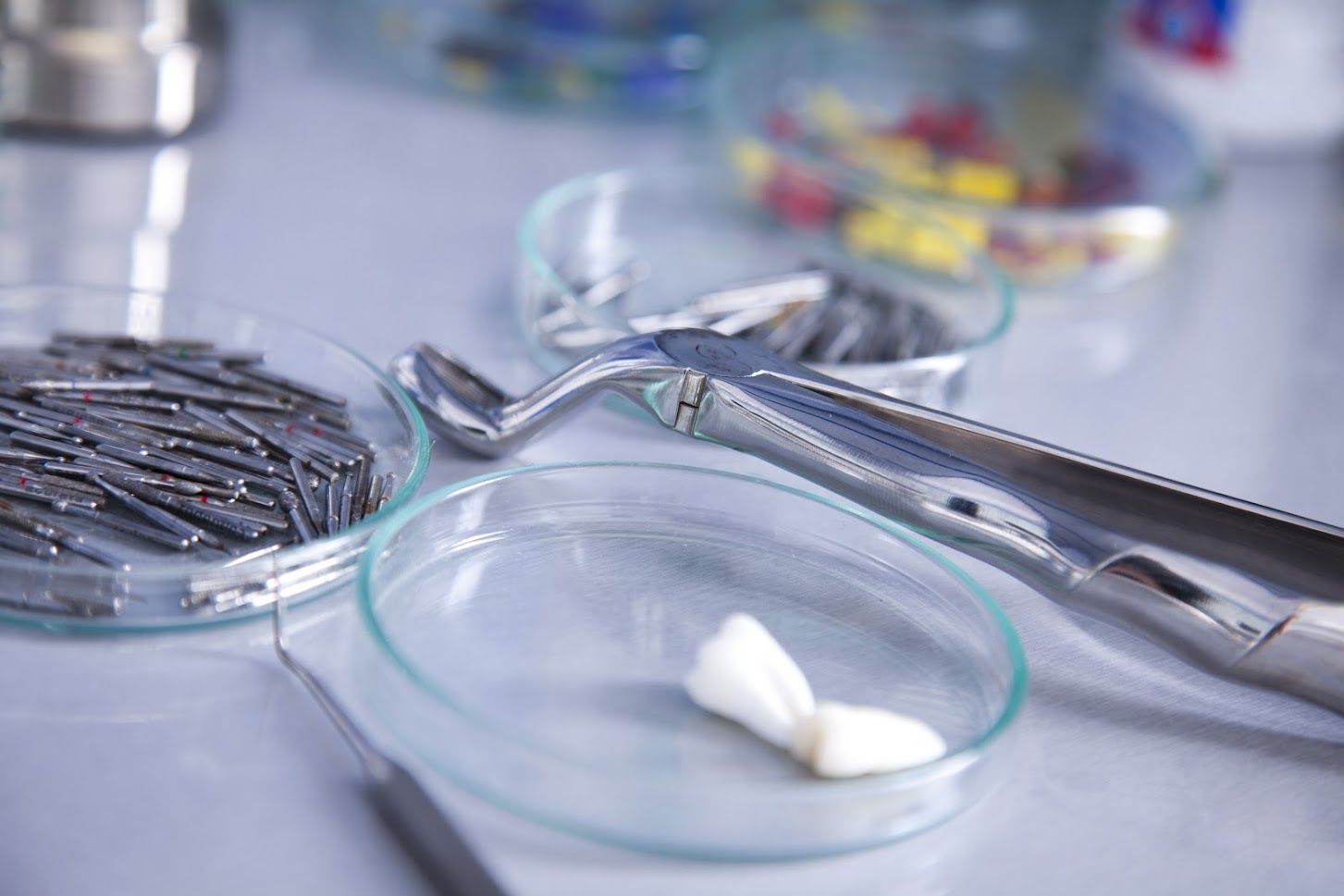(843) 216-0908
Haven’t Gone to the Dentist in Many Years? What To Expect at Your First Appointment

If you last time you went to the dentist was a long time ago, you may be anxious about all the time you have let pass without taking charge of your oral health. However, scheduling the appointment is a huge step towards better maintenance of your oral hygiene. Here is what to expect during your first dental visit in a while.
Your Dentist Will Question Your Medical History
When you visit the dentist after a long time, be prepared to be honest about how much time has passed since your last appointment. Your dentist will be interested in your medical history and any major illnesses or surgeries since your last consultation with a dentist.
Some diseases like diabetes make you more prone to gum disease, while pregnant patients are likely to have gingivitis and cavities. A medication list is also essential as it helps your dentist propose safe treatments that don't interfere with the effectiveness of other drugs. Your dentist may also take your blood pressure to evaluate your overall health, referring you to your primary care provider if there is a general health concern.
You'll Receive a Thorough Dental Exam
If you are visiting the dentist for a specific issue like bleeding gums, loose teeth, stained teeth, or bad breath, let them know at the start of the appointment. Even if you have no specific concerns, your dentist performs a thorough oral exam to identify hidden issues, and this examination will be especially comprehensive if it’s been a while since your last visit to a dentist.
The dentist will check your teeth, gums, cheeks, lips, and tongue for infections, cracked teeth, cavities, tooth crowding, receding gums, jaw issues, and other oral problems. If you avoid the dentist for many years, you likely have some cavities, wear and tear, root canal problems, and tooth stains that will need to be addressed.
Your dentist will also check for signs of oral cancer, such as a growth in your mouth, mouth sores that won't heal, reddish patches in the mouth, and bleeding. Mouth cancer can be cured by treating it early on, so the sooner you make your appointment, the better.
You'll Get X-Rays
Your dentist needs X-Rays to identify any oral issues hiding out of sight. High-quality X-rays reveal cavities, cracks, and chips or cysts and tumors in your jaw. If left untreated, cavities encourage bacterial infections that necessitate root canal procedures and even extractions.
Dentists typically order bitewing X-Rays if you haven't kept up with your dental appointments, which show how the crowns of your teeth match up. These images help your dentist detect changes to your jawbone arising from gum disease.
A Thorough Cleaning May Be Necessary
If you have procrastinated dental appointments for a long time, your teeth surfaces will likely have naturally accumulated a substantial amount of plaque. A dental cleaning will be necessary during your first appointment, and while the cleaning will need to be more thorough, it's nothing to be embarrassed about, as cleanings are common procedures for patients who visit regularly.
Dental cleanings typically take an hour and are relatively painless. The dental hygienist first utilizes a scaler to remove plaque between your teeth and around the gum line. The more tartar you have, the longer the hygienist takes to clean the entire mouth.
The next step involves using a high-powered electric toothbrush and gritty toothpaste to remove leftover tartar. Expert flossing is also an essential part of this procedure as it removes plaque deep within your teeth. After rinsing your teeth, the hygienist performs a fluoride treatment to discourage cavities until the next dental appointment.
Your Dentist Helps You Create a Treatment Plan
If your dentist identifies any dental issues during your exam, they will discuss with you your treatment options. For instance, you may need fillings to treat small cavities before they expand or a root canal to treat an infected tooth. If you have very damaged teeth, you may need bridges or implants. Your dentist will have you schedule an appointment for these procedures and let you know how early you need to schedule them. They will also help you create a schedule for regular dental cleanings and checkups.
Our team of dentists at Smiles By Hogan understands that there may be a variety of factors that prevent you from going to the dentist as often as you intend to. We are eager to get you back on track and relieve your dental care anxiety with our compassionate dental service. Contact us today to schedule an appointment.
CONTACT
Information
Phone: (843) 216-0908
Address: 3405 Salterbeck St. STE 100
Mt. Pleasant, SC 29466
Email: office@smilesbyhogan.com
BUSINESS
Hours
- Monday
- -
- Tuesday
- -
- Wed - Thu
- -
- Friday
- -
- Sat - Sun
- Closed
















